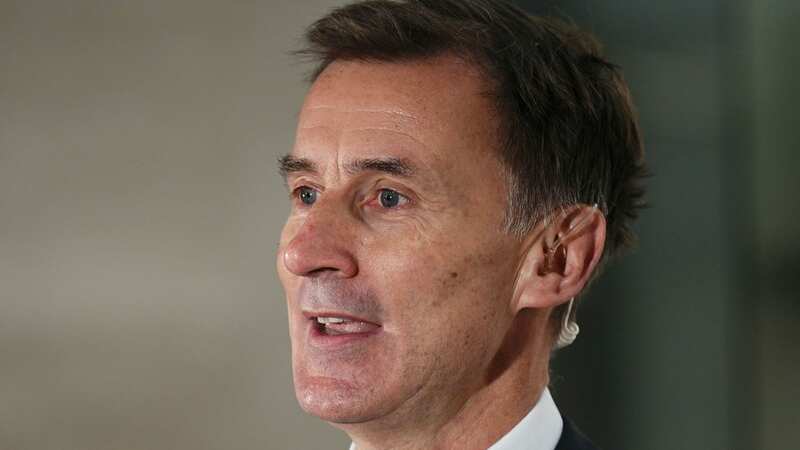Chancellor gets boost as government borrowing falls below expectations

The Office for National Statistics (ONS) has revealed that government borrowing was less than expected last month, potentially giving the Chancellor a boost ahead of the autumn statement.
Public sector net borrowing was £14.3 billion, £1.6 billion less than the same time last year, thanks to tax revenues being boosted by inflation.
Despite this, it was still the sixth-highest September figure on record. However, it was significantly lower than the £18.3 billion predicted by economists and even further below the £20.5 billion forecast by the Office for Budget Responsibility (OBR) earlier this year.
The ONS also shared that net debt was at £2.599 trillion at the end of September, which is about 97.8% of UK GDP. This is 2.1 percentage points higher than the same time last year.
Chancellor of the Exchequer Jeremy Hunt said: "We had to borrow during the pandemic to protect lives and livelihoods, but since then Putin's invasion has pushed up inflation and interest rates."
 8 money changes coming in February including Universal Credit and passport fees
8 money changes coming in February including Universal Credit and passport fees
"This means we spent twice as much on debt interest last year as we did the previous year."
"This is clearly not sustainable; we need to get debt falling and reduce public sector waste so that those delivering public services can get back to what they do best; teaching our children, keeping us safe and treating us when we're sick."
The Chancellor is set to deliver his autumn statement in less than a month, but he's already hinted that significant tax cuts are unlikely. However, some experts reckon he might be more likely to offer tax cuts or giveaways next year. Ashley Webb, UK economist at Capital Economics, said: "We continue to think that the Chancellor will have some wiggle room for a few pre-election giveaways in the March budget."
He added: "But with the full upward impact on borrowing from higher interest rates and weaker GDP growth still coming down the line, any package of pre-election net tax cuts or spending rises will probably need to be modest."
* An AI tool was used to add an extra layer to the editing process for this story. You can report any errors to webhomepage@mirror.co.uk
Read more similar news:
Comments:
comments powered by Disqus

































